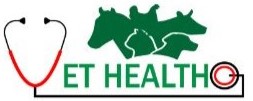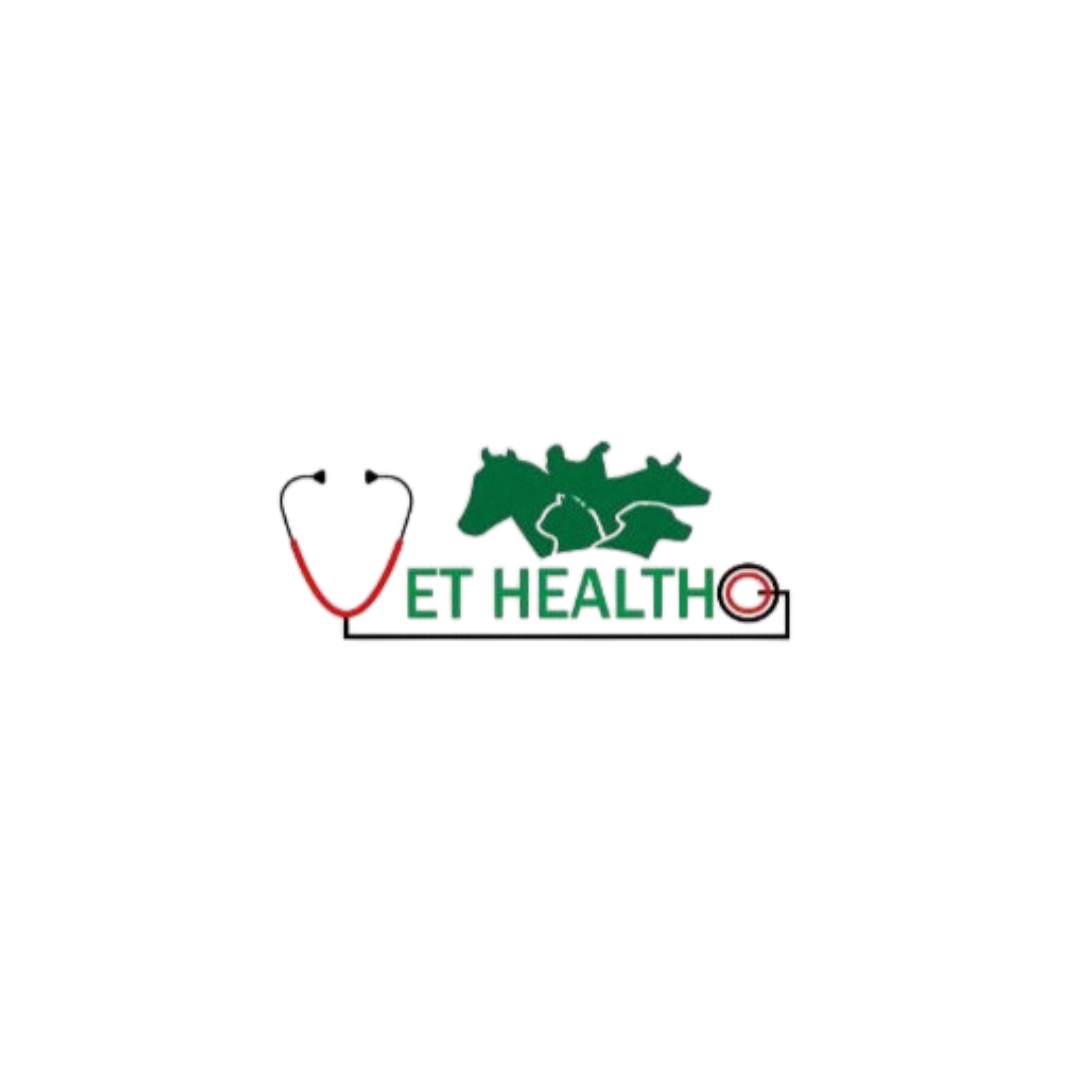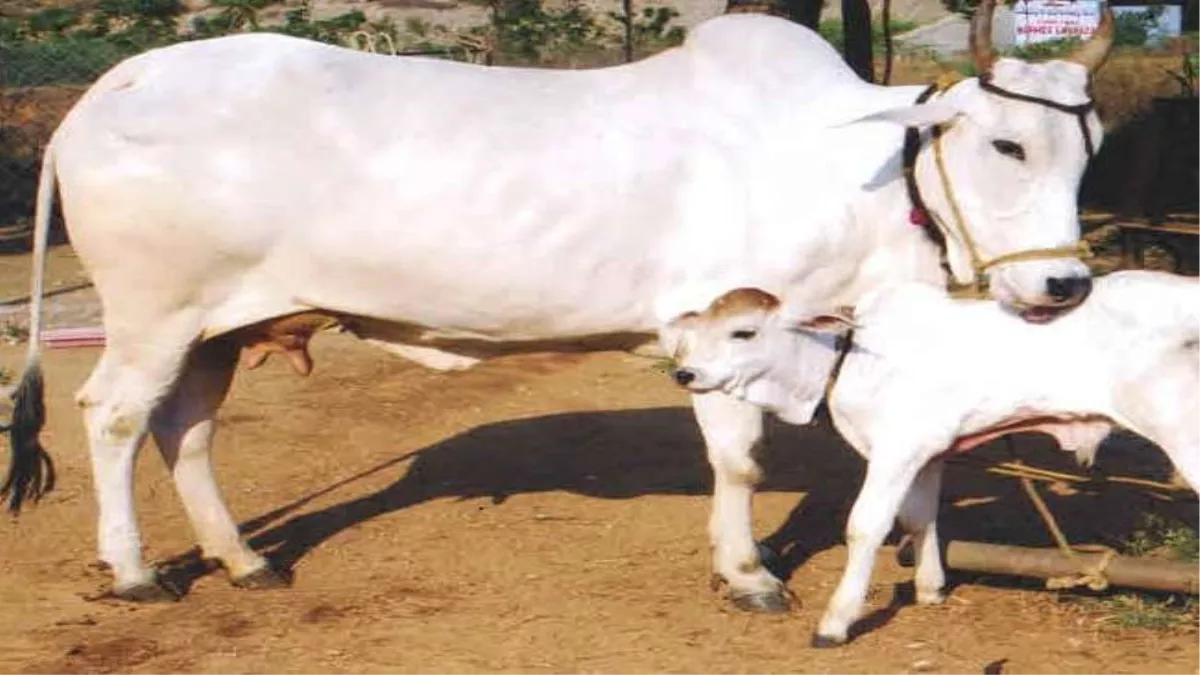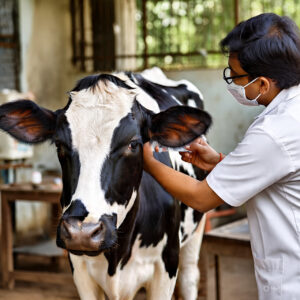Digestive health is a key component of overall cow productivity and well-being. Digestive disorders in cows can lead to decreased milk production, weight loss, and even life-threatening conditions if not treated in time. As a farmer or livestock owner, understanding the common digestive problems and how to prevent them is essential.
🔍 Common Digestive Disorders in Cows
- Indigestion (Simple Indigestion):
Often caused by a sudden change in diet, spoiled feed, or overeating. It leads to reduced rumen activity and bloating. - Acidosis (Grain Overload):
Occurs when cows consume too much grain or fermentable carbohydrates, lowering rumen pH and disrupting microbial balance. - Bloat (Tympany):
Gas builds up in the rumen, causing distension, discomfort, and sometimes death if untreated. It can be frothy or free-gas bloat. - Constipation:
Happens due to dehydration, poor diet, or lack of movement. Results in dry, hard feces and abdominal discomfort. - Diarrhea (Scours):
May be caused by infections, feed changes, or parasites. Leads to dehydration and weakness, especially in calves.
🩺 Symptoms of Digestive Disorders
- Loss of appetite
- Swollen or tight abdomen
- Decreased milk production
- Abnormal manure (very dry or very loose)
- Restlessness, kicking at belly, or frequent lying down
- Burping or signs of discomfort
⚠️ Causes
- Sudden dietary changes
- Moldy or spoiled feed
- Overfeeding grains or low-fiber diets
- Poor water availability
- Parasitic or bacterial infections
- Lack of physical activity
✅ Prevention Tips
- Introduce dietary changes gradually
- Ensure clean, fresh water is always available
- Provide a balanced diet with adequate fiber
- Avoid feeding spoiled or moldy feed
- Regularly deworm and maintain herd hygiene
- Monitor feed intake and manure consistency regularly




